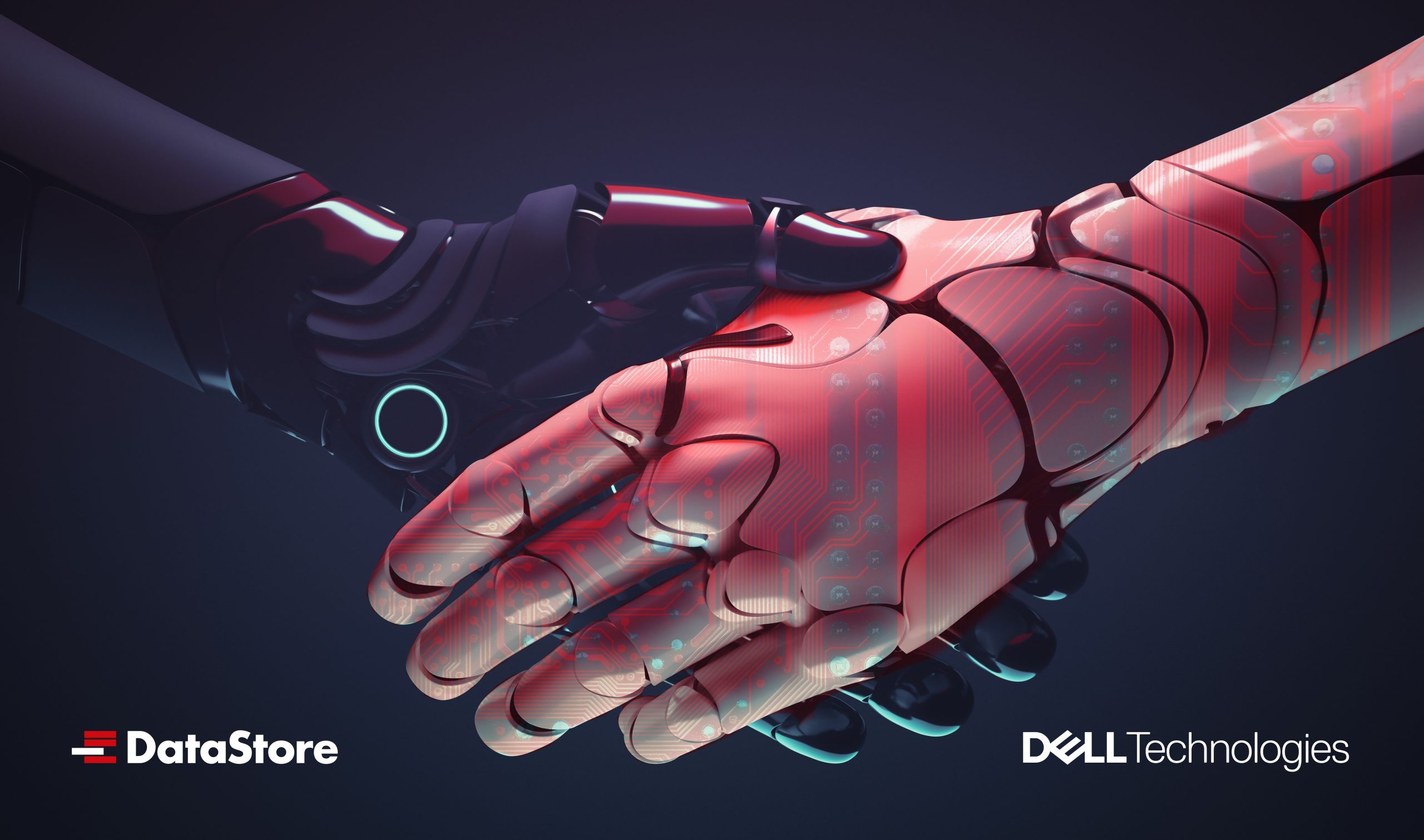
Optimizing efficiency is essential to the competitiveness of companies. Automation is increasingly being used to achieve higher levels of efficiency. But what should companies focus on – RPA or IPA? The answer is both – the benefits of these technologies more than speak for themselves.
Daniel Stadelmann, Strategic Account Manager at DataStore AG for Dell Technologies in the "Netzwoche", October 2021 issue.
Numerous companies from a wide range of industries are already reaping the benefits of RPA in many of their processes. This is because RPA tools perform tasks using business systems and applications in a similar way to human employees. They are particularly suitable for repeatable, routine, rule-based tasks such as accessing customer data from various business systems, checking forms for completeness and processing insurance applications. That is why these tools are used, for example, to support call center operations, perform data migrations, onboard new employees and carry out scheduling and expense management activities.
IPA builds on RPA, combining it with artificial intelligence in the process. IPA doesn’t just imitate human actions, but can actually learn to do them better. Unlike RPA, IPA therefore has the ability to understand, learn and iterate. IPA can process unstructured and structured data alike, and even supports sound decision-making in some cases.
Unbeatable benefits
Both technologies not only reduce labor costs and prevent human error, they also offer a host of additional benefits including increased customer satisfaction, better employee engagement, accelerated speed of processes, greater precision and higher cost efficiency. These include among others:
- Productivity: software robots can handle tasks five times faster than humans and they work non-stop. Work is performed faster, which frees up capacities, reduces costs and ensures faster growth.
- Precision: robots offer 100% accuracy, 100% consistency and 100% regulatory compliance. The more work they perform, the fewer errors occur and the less money is spent on correcting errors.
- Resource utilization: while robots take care of the mundane tasks, employees can focus on activities with a higher added value. Furthermore, a robot workforce is fully scalable, enabling companies to react to peaks and slumps in demand, which in turn benefits customer service and reduces the workload of the HR department.
Obstacles during implementation
While it isn’t overly expensive to implement RPA or IPA solutions, they do bring with them some challenges that many companies find difficult to overcome. A lack of qualified employees to perform the implementation is often cited as an issue, along with the effort involved in training or re-training staff members tasked with using the technology. Furthermore, employees are often opposed to technologies that they fear might lead to staff reductions. Similarly, many companies struggle to integrate these solutions into existing software landscapes and to safeguard their systems against cyberthreats.
Support provided by experienced specialists
That is why many companies interested in implementing RPA or IPA solutions turn to external partners who are experts in this field, such as DataStore and Dell EMC, who cater to the specific requirements and the respective starting point of the company, issue comprehensive advice and provide support on an equal footing during the planning and implementation phases. With experience from numerous projects in a wide range of industries, they can propose and implement solutions that will give companies the best possible chance of achieving their objectives.
Better early than too late
It is becoming increasingly evident that companies who implement automation technology as early as possible gain an advantage that is difficult to recover later on. That is why there’s no time to lose in exploring these topics in order to figure out which technology best suits your company and to reap the benefits as soon as possible. DataStore and Dell Technologies are available to provide expert support at all times.
Any questions? You can contact Daniel Stadelmann here:
Daniel Stadelmann
Strategic Account Manager
E-Mail: daniel.stadelmann@datastore.ch
